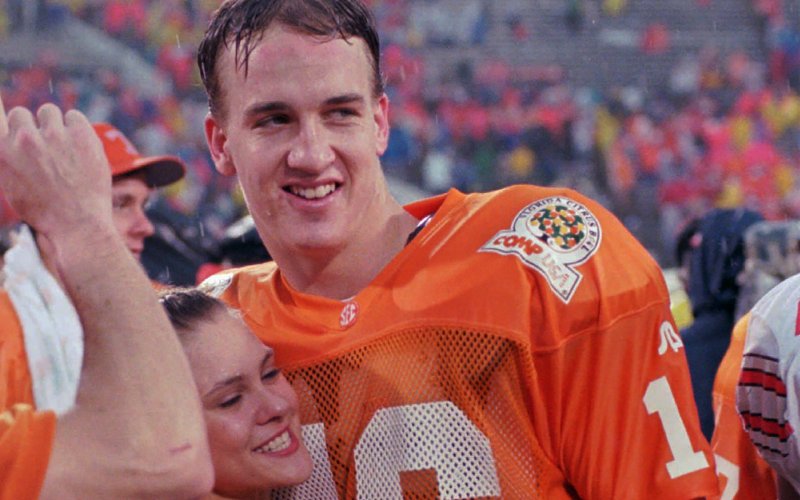
By ANTHONY ZURITA
The reputation of a university and its star athletes are important to their administration, and when a situation threatens to tarnish that reputation, the school may take action to prevent any bad press.
Peyton Manning, who enjoyed a successful 19 year career in the National Football League as one of the league’s best quarterbacks and best off-the-field characters, is facing a sexual assault allegation resurfacing from 1996 during his years at the University of Tennessee.
This allegation came as shock to many, as Manning has been the epitome of a class act throughout his entire career. The 1996 case resulted in no criminal charges, but the case was revisited for a court case about the atmosphere at Tennessee.
[AUDIO: Listen to Ramapo Student Oliver Gonzales talk about why a college would protect an athlete.]
As speculation rose, the thought of a cover-up became more and more prevalent across social media.
Manning, who was the star quarterback at the time, and the son of NFL quarterback Archie Manning could have been valued over the female victim.
This could be because the university would not want the good name of Peyton Manning to have any blemishes, as it could affect his draft value, which was the mindset of most scouts.
Rachel Lim, a student at Ramapo College, believes that it is definitely possible for the school to have covered it up to keep Manning safe.
“I think it’s a possibility for sure, I mean, schools really only care about their image, so if they have to sweep a sexual assault allegation under the rug, then that’s what they’ll do, “ said Lim. “Especially if it would make one of their star athletes look bad.”

As for Manning, there was a $300,000 dollar settlement and a confidentiality agreement that ended the 1996 feud, according to The Daily Beast. Manning has not made an official statement since 2000 with the release of his book Manning: A Father, His Sons, and a Football Legacy, in which he described the incident as him mooning his friend, and that the trainer should have laughed it off. However, the alleged victim sued the Manning family for defamation.
A Bigger Problem
The idea around the cover-ups is that it is plausible, and almost likely. According to a survey published by the Association of American Universities, 1 in 5 women are sexually assaulted in college. With that likelihood, there would be constant news of sexual assaults in colleges if they were all reported, which can lead some to believe that there are a lot that are covered-up.
Athletes are not always the perpetrators of these sexual assaults, but there is more reason for the school to downplay the allegations if it is an athlete that is being accused.
If found guilty not only is the athlete’s reputation ruined, but the university’s is as well. The school receives bad press and it associated with sexual assaults or any other crimes for a long time after.
Ramapo student Kat Borgonos explains that although everyone should conduct themselves properly, an athlete or other public figure should be especially aware of his or her actions,”If you’re a public figure for your school, you know that you’re going to be in the spotlight, so that should give you some initiative to careful what you do. Everyone should be held accountable for their own actions but it’s especially important for a school’s public figure because it could lead to cover ups or other discrepancies,” stated Borgonos.
The flow of the article gave emphasis on the issue of cover-ups in schools.
Only one thing is that you need a past situation of a Ramapo cover-up or another college covering something up.
Headline made a lot of sense.
Audio pulled the whole article together.
I think your story did a great job covering an important issue such as sexual assault and how colleges and universities handle it to prevent bad press. I think your audio really added to what your interviewees said when you quoted them. I also like how your story featured something relevant, like the controversy with Manning, while also referring to the issue as a whole.